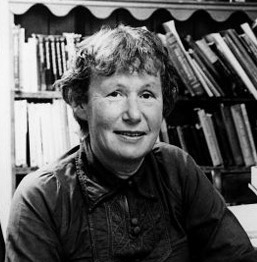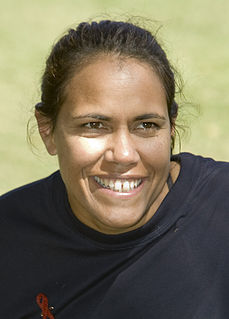A Quote by Lee Kuan Yew
Usually I read biographies of interesting people. I am not attracted to novels - make-believe, or recreations of what people think life should be.
Related Quotes
Everybody should read fiction… I don’t think serious fiction is written for a few people. I think we live in a stupid culture that won’t educate its people to read these things. It would be a much more interesting place if it would. And it’s not just that mechanics and plumbers don’t read literary fiction, it’s that doctors and lawyers don’t read literary fiction. It has nothing to do with class, it has to do with an anti-intellectual culture that doesn’t trust art.
I think people are attracted to The Huffington Post's blend of up-to-the-second news and thoughtful opinion, delivered with an attitude. Plus, I think they enjoy that we cover so many different things - from politics and entertainment to style and satire. There is always something interesting to read and think about - and even to laugh at.
Fiction allows us to see the world from the point of view of someone else and there has been quite a lot of neurological research that shows reading novels is actually good for you. It embeds you in society and makes you think about other people. People are certainly better at all sorts of things if they can hold a novel in their heads. It is quite a skill, but if you can't do it then you're missing out on something in life. I think you can tell, when you meet someone, whether they read novels or not. There is some little hollowness if they don't.
I have been told many times that when I win I make my people proud to be Australian. I am Aboriginal, I am one of them and every time I win or am honoured like this it should be an example to Aboriginal people who may think they have nowhere to go but down. But more importantly I am an Australian and I would like to make all Australians feel proud to be Australian. Ours is a truly multicultural society and should be united as such. I would like to believe that my successes are celebrated by all Australians, bringing our nation together.
I often say to my students in workshops that if they are trying to find literary inspiration, they should not go and read novels, because novels are more appropriate for series. Where as they should read short stories - that's the right format for you to be able to actually display the narrative in a film.











































